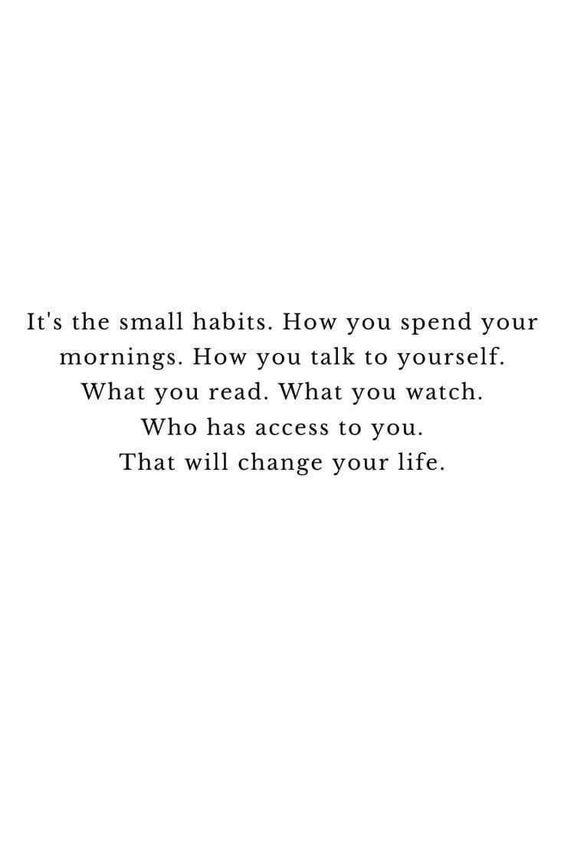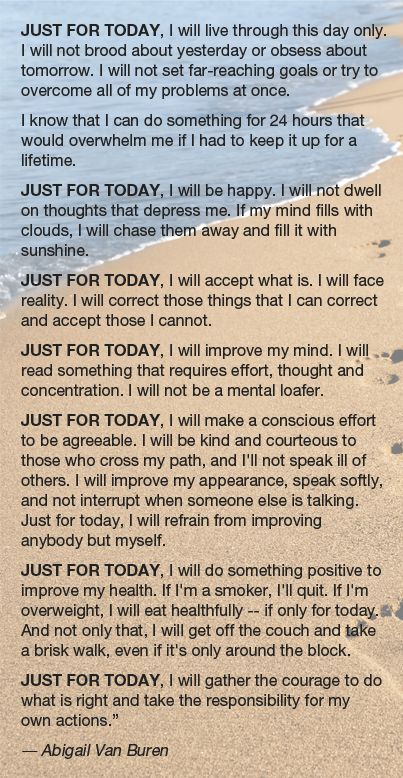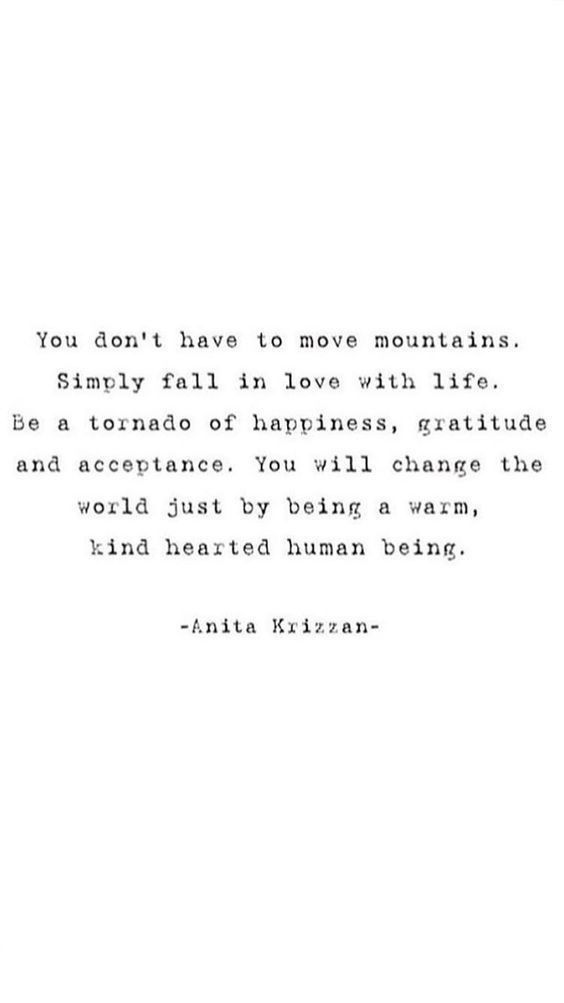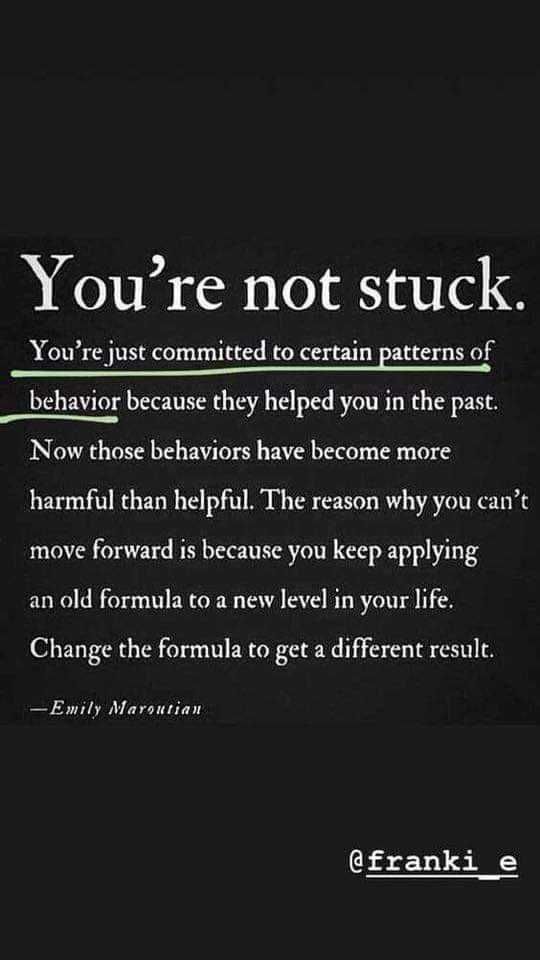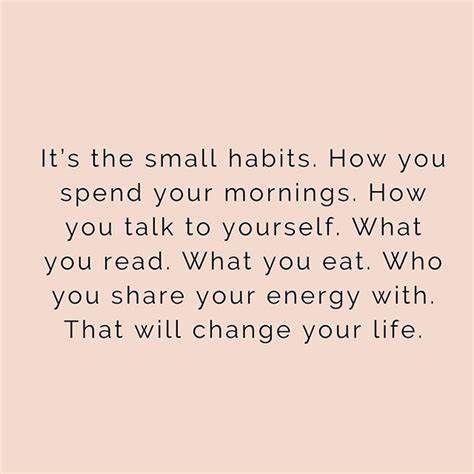“We are each one of us responsible for every war because of the aggressiveness of our own lives, because of our nationalism, our selfishness, our gods, our prejudices, our ideals, all of which divide us. And only when we realise, not intellectually but actually, as actually as we would recognise that we are hungry or in pain, that you and I are responsible for all this existing chaos, for all the misery throughout the entire world because we have contributed to it in our daily lives and are part of this monstrous society with its wars, divisions, its ugliness, brutality and greed—only then will we act.”
J. Krishnamurti, Freedom From The Known (Page 14)
“If you make your bed every morning, you will have accomplished the first task of the day. It will give you a small sense of pride and it will encourage you to do another task and another and another. By the end of the day, that one task completed will have turned into many tasks completed. Making your bed will also reinforce the fact that little things in life matter. If you can’t do the little things right, you will never do the big things right. And, if you by chance have a miserable day, you will come home to a bed that is made—that you made—and a made bed gives you encouragement that tomorrow will be better.”
William A. McRaven, Make Your Bed (Page 111) | ★ Featured on this book list.
“The truth is that you do not change your life when you fix every piece and call that healing. You change your life when you become comfortable with being happy here, even if you want to go forward. You change your life when you can love yourself even though you don’t look exactly the way you want to. You change your life when you are principled about money and love and relationships, when you treat strangers as well as you do your CEO, and when you manage $1,000 the same way you would $10,000.”
Brianna Wiest, The Mountain Is You (Page 147)
“Making big, sweeping changes is not difficult because we are flawed, incompetent beings. It’s difficult because we are not meant to live outside of our comfort zones. If you want to change your life, you need to make tiny, nearly undetectable decisions every hour of every day until those choices are habituated. Then you’ll just continue to do them.”
Brianna Wiest, The Mountain Is You (Page 112)
“We are not held back in life because we are incapable of making change. We are held back because we don’t feel like making change, and so we don’t.”
Brianna Wiest, The Mountain Is You (Page 68)
“The truth is that we actually do not accomplish great feats when we are anxious about whether or not what we do will indeed be something impressive and world-changing. We accomplish these sorts of things when we simply show up and allow ourselves to create something meaningful and important to us.”
Brianna Wiest, The Mountain Is You (Page 37)
“Most people do not actually change their lives until not changing becomes the less comfortable option. This means that they do not actually embrace the difficulty of altering their habits until they simply do not have another choice. Staying where they are is not viable. They can no longer even pretend that it is desirable in any way. They are, quite honestly, less at rock bottom and more stuck between a rock that’s impinging on them and an arduous climb out from beneath it.”
Brianna Wiest, The Mountain Is You (Page 24)
“I don’t accept that I am what I am and that ‘that’ is what I am doomed to be. NO. I do not accept that. I’m fighting. I’m always fighting. I’m struggling and I’m scraping and kicking and clawing at those weaknesses—to change them. To stop them. Some days I win. But some days I don’t. But each and every day: I get back up and I move forward. With my fists clenched. Toward the battle. Toward the struggle. And I fight with everything I’ve got: To overcome those weaknesses and those shortfalls and those flaws as I strive to be just a little bit better today than I was yesterday.”
Jocko Willink, Discipline Equals Freedom (Page 17)
“There can be only one way to fight the general evil of life: it is in the moral, religious, and spiritual perfection of your own life.”
Leo Tolstoy, A Calendar of Wisdom (Page 180)
“We see the visible signs of opportunity and success in our own lives but we are grasping at an illusion. What really allows for such dramatic changes are the things that occur inside a person. That slow accumulation of knowledge and skills, the incremental improvements in work habits, and the ability to withstand criticism. Any change in people’s fortunes is merely the visible manifestation of all of that deep preparation over time.”
Robert Greene, The Daily Laws (Page 37)
“The way to set moral change in motion, [Anthony Appiah] says, is not to go for the jugular, or even for dialogue—straight to the things that divide you. Talk about sports. Talk about the weather. Talk about your children. Make a human connection. Change comes about in part, as he describes it, by way of ‘conversation in the old-fashioned sense’—simple association, habits of coexistence, seeking familiarity around mundane human qualities of who we are.”
Krista Tippett, Becoming Wise (Page 135)
“If you don’t wish to be a hot-head, don’t feed your habit. Try as a first step to remain calm and count the days you haven’t been angry. I used to be angry every day, now every other day, then every third or fourth… if you make it as far as 30 days, thank God! For habit is first weakened and then obliterated. When you can say ‘I didn’t lose my temper today, or the next day, or for three or four months, but kept my cool under provocation,’ you will know you are in better health.”
Epictetus, Discourses, via The Daily Stoic (Page 150)
“Change and loss are deeply connected—there cannot be change without loss.”
Stephen Grosz, The Examined Life (Page xii)
“You are here to aid in the great expansion of consciousness. You are not here to cry about the miseries of the human condition but to change them when you do not find them to your liking through the joy, strength, and vitality that is within you; to create the spirit as faithfully and beautifully as you can in flesh.”
Jane Roberts, The Nature Of Personal Reality, via Sunbeams (Page 52)
“The key—if you want to build habits that last—is to join a group where the desired behavior is the normal behavior.”
James Clear, Blog
